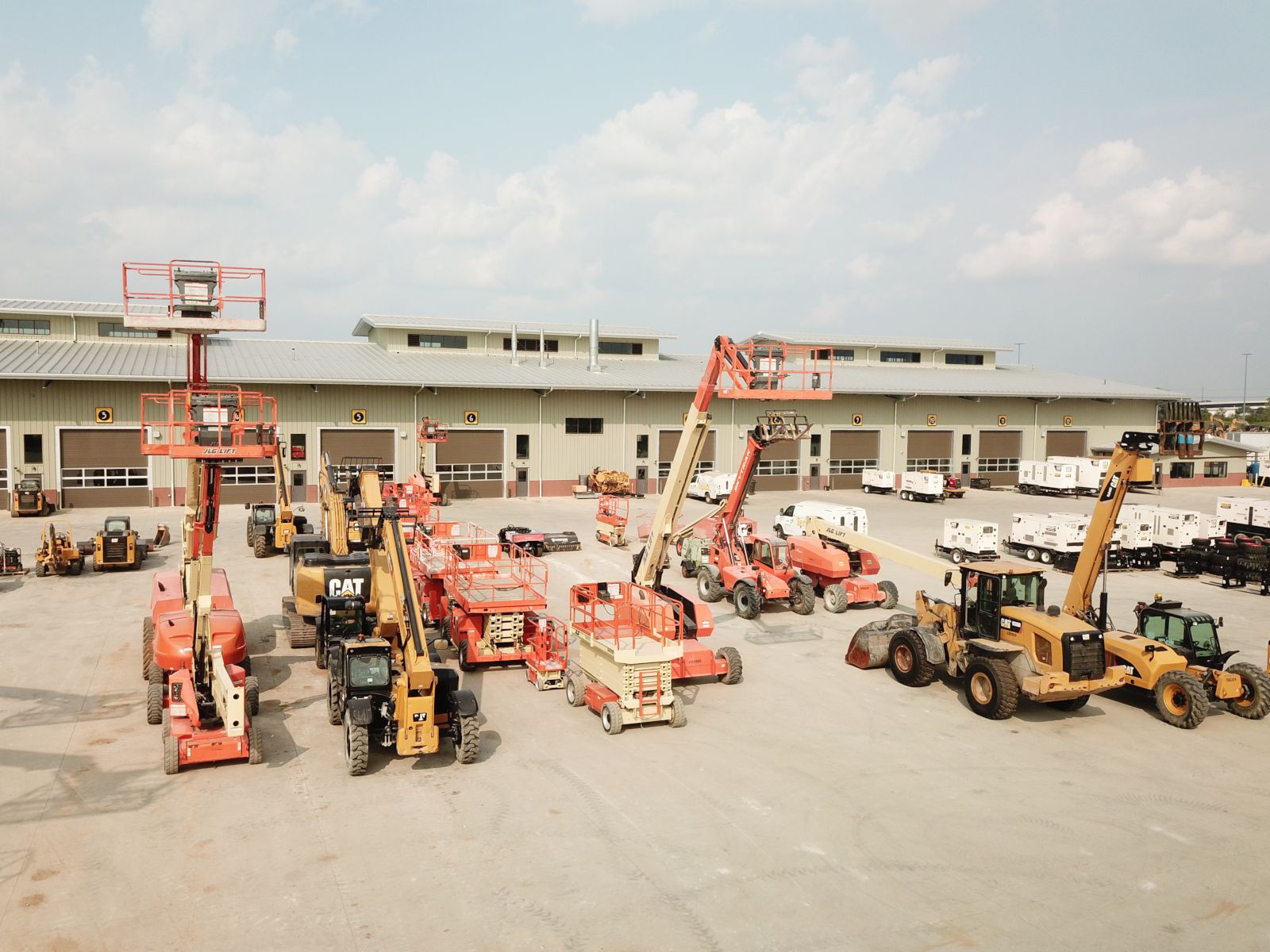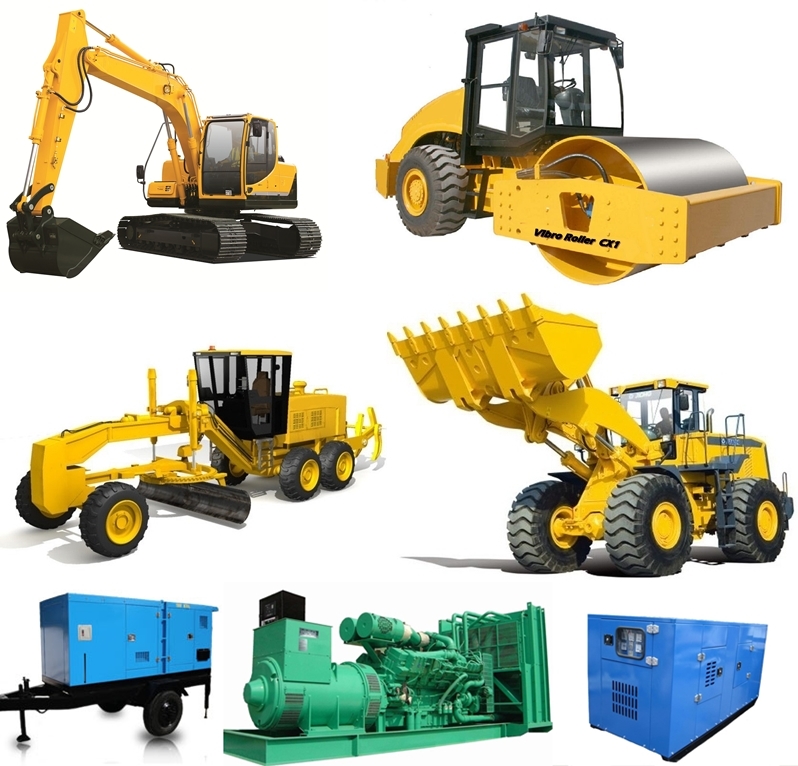Dozer Rental: Powerful Earthmoving Tools for Your Construction Requirements
Dozer Rental: Powerful Earthmoving Tools for Your Construction Requirements
Blog Article
Maximize Your Budget Plan by Understanding the Prices Related To Construction Devices Services
Recognizing the full range of expenses linked with construction equipment services is crucial for maximizing your budget. What approaches can be employed to properly take care of these expenses and make sure an extra effective rental experience?
Summary of Rental Costs
When taking into consideration building and construction tools services, understanding the linked costs is vital for reliable budgeting and job preparation. Rental prices can differ considerably based upon a number of variables, consisting of equipment kind, duration of leasing, and area. The initial rental charge typically shows the tools's market need and its connected operational capacities, influencing the general cost.
Along with the base rental price, supplementary costs may arise, such as transport fees, gas additional charges, and maintenance fees. It is necessary to account for these extra expenses to properly assess the complete cost of renting equipment. Moreover, the rental duration can influence prices; longer leasings might get approved for reduced rates, while temporary leasings may sustain higher day-to-day fees.

Failure of Rental Prices
A detailed understanding of rental rates is crucial for service providers and job supervisors aiming to enhance their budgets. Rental rates for building devices commonly are composed of numerous components, including base rates, time-based fees, and usage costs.
Base prices are the core costs connected with the leasing of the tools, commonly identified by the type and size of the equipment. These rates can vary substantially, affected by factors such as devices demand, availability, and local market trends. Time-based fees, which may be daily, weekly, or monthly, offer to suit various job timelines and rental durations.
In addition, rental prices may consist of use costs, which apply when tools is used past a specified limit, ensuring that the rental business can account for deterioration. Seasonal demand changes can additionally influence rental prices, with peak construction seasons generally commanding higher prices.
Additionally, understanding the rental business's plans regarding maintenance and insurance coverage can supply further insight into the overall expense structure. By analyzing these components, service providers can make enlightened choices, making sure the selection of rental devices straightens with both task requirements and budget constraints.
Additional Costs to Take Into Consideration
Understanding the details of extra costs is important for professionals to manage their general rental expenses successfully. Past the standard rental prices, different auxiliary costs can substantially affect the complete cost of devices service. These fees usually include delivery and pick-up fees, which can differ based upon distance and logistics entailed in transferring the tools to and from the job site.
Additionally, some rental companies might enforce gas additional charges if the devices is returned with less gas than when leased. It is also vital to understand prospective cleansing fees, particularly for specialized devices that needs extensive upkeep after usage.

Completely reviewing the rental contract and clarifying these extra costs in advance can help professionals stay clear of unexpected expenses and make certain that budgets remain undamaged throughout the project lifecycle.
Upkeep and Repair Service Expenditures
Regular maintenance and repair service costs are frequently forgotten elements that can significantly affect the overall cost of building equipment leasings. When renting devices, it is critical to take into consideration not only the rental costs however also the possible costs connected with keeping the machinery in optimum operating problem.
Several rental business include standard maintenance as component of the rental arrangement; nevertheless, a lot more extensive repairs or unanticipated malfunctions can cause extra expenditures. It's vital to assess the rental agreement thoroughly to comprehend what upkeep services are covered and what responsibilities fall on the tenant.
Moreover, equipment that is not properly maintained can cause inefficiencies on duty website, potentially raising and creating delays Find Out More project expenses. To reduce these threats, it is recommended to conduct regular evaluations and keep open communication with the rental provider pertaining to any type of issues that occur during use.
Insurance Policy and Liability Expenses
Insurance policy and responsibility costs are essential elements that can significantly influence the total expenditure of building and construction equipment leasings (construction equipment rentals). These prices make sure that both the rental business and the client are shielded from potential economic losses emerging from mishaps, damage, or burglary throughout the rental duration

In addition, clients need to recognize any type of deductibles or exclusions in the insurance coverage plan, as these can affect potential out-of-pocket costs. Understanding the conditions of any insurance policy track loader for rent coverage is important to avoid unexpected costs. Ultimately, budgeting for insurance and liability expenses can help ensure a smoother rental experience and protect against monetary dangers related to building tasks.
Conclusion
To conclude, a thorough understanding of the costs related to building tools services is crucial for efficient budget plan administration. By assessing rental rates, added fees, upkeep costs, and insurance coverage companies, individuals and demands can minimize unexpected expenses. This tactical approach not only boosts cost-effectiveness but additionally ensures that tasks progress smoothly and effectively. Eventually, notified decision-making regarding tools rentals contributes to the total success of construction undertakings.
Rental expenses can vary considerably based on several aspects, including tools type, duration of rental, and place (mini excavator rental). The rental duration can impact rates; longer leasings may qualify for discounted prices, while temporary services could sustain higher everyday charges
By carrying out detailed study and involving with credible rental business, service providers can efficiently browse the intricacies of rental rates, eventually maximizing their financial resources.
Past the conventional rental prices, numerous auxiliary costs can dramatically impact the total price of devices rental. Rental companies often provide obligation insurance that covers injuries to 3rd celebrations or damages to residential or commercial property, while tools damages insurance coverage can cover the expense of repairs or substitute if the rented devices is harmed.
Report this page